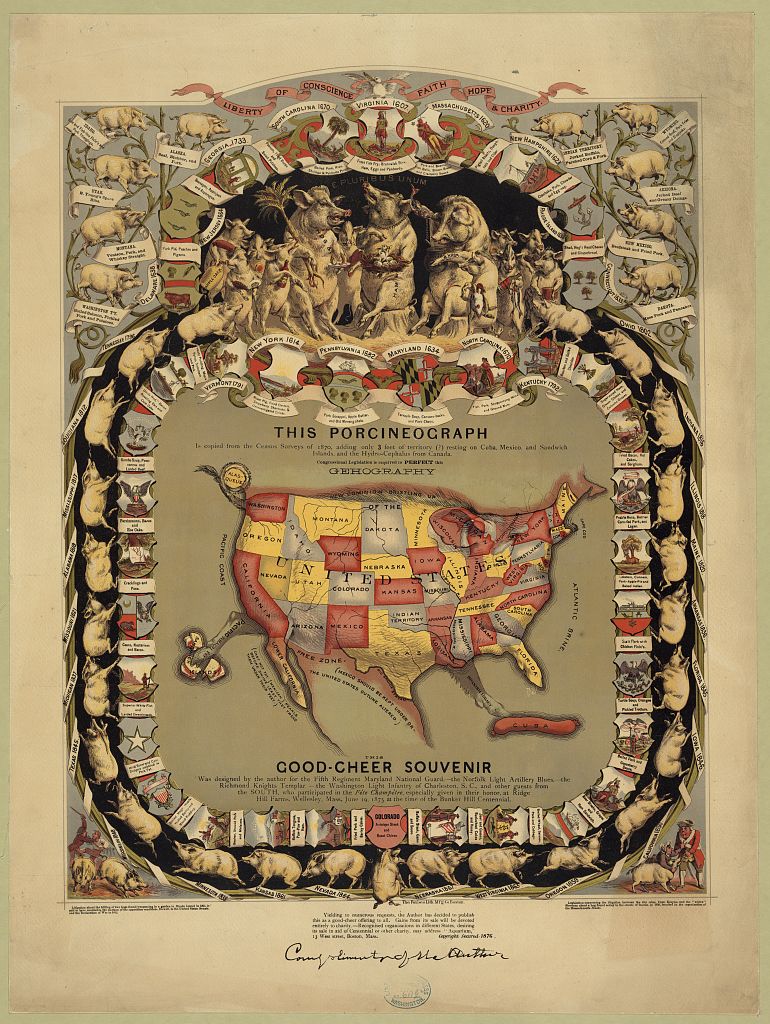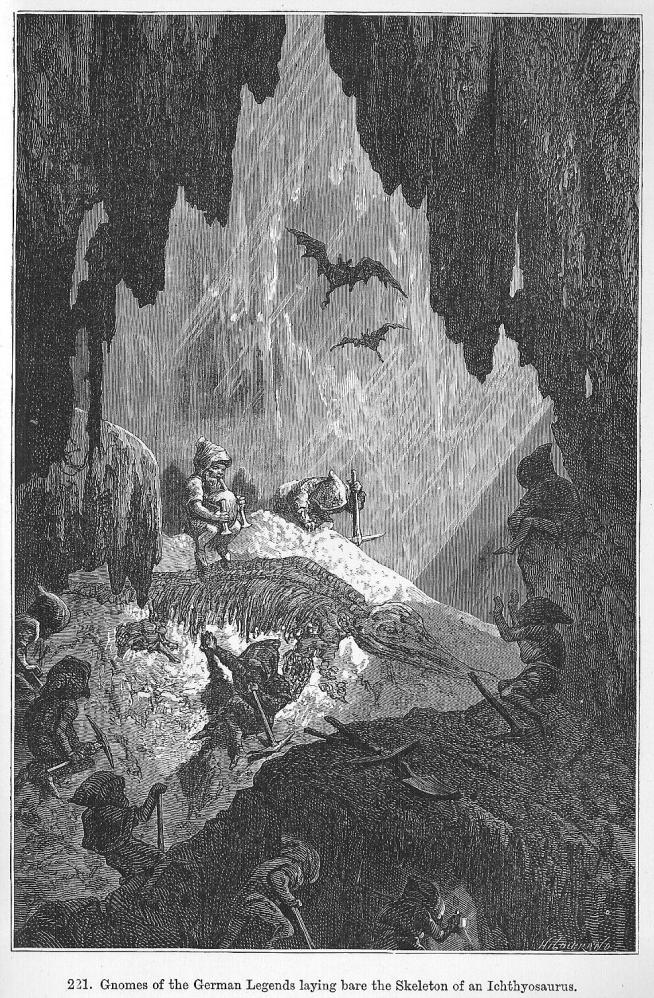Yesterday we learned about greasy doings, a regional dish from Arizona. I was keen to know more, thinking I might knock together a bowlful for my breakfast. Alas and alack, my tireless research yielded only thin pickings. On the other hand, among those pickings was this intriguing item, from Momus ; or, The Laughing Philosopher, Number LVII : The Humours Of A Steward’s Entertainment which appeared in The Westminster Magazine : or, The Pantheon Of Taste Volume 5, Issue 2, June 1777:
He received me with all that exuberance of civility which amounts to just nothing at all, and told me he was transported to see me ; adding “That he expected a few more friends, and that we should dine like Princes, as he had trout, venison, pines, melons, iced cream, claret, Madeira, &c. &c.”
Upon his asking me if I would take a walk over the grounds before dinner, I duly gave my assent. While we were making a complete conquest of America, by the side of a filbert-hedge, a servant came to announce Mr. and Mrs. Allsop. In consequence of this information, my Steward, whom I shall call Rackum, ordered him to shew them into the garden-parlour. Then turning to me, he said, “’Tis very disagreeable, Sir, to mix with such low people ; but as they have had interest enough with my Lord to procure places, I am obliged to treat them with decency. Allsop‘s father was nothing higher than a Cook in the Duke of N——-‘s kitchen ; and indeed, so great a propensity has the whole family to greasy doings, that this fellow’s elder brother keeps an Eating-house not a hundred miles from Porridge Island.”
Briefly diverted by the thought of a conversation taking place by the side of a filbert-hedge – note to self : engineer such a chinwag, soon! – I had to concede that this did not sound like Arizona circa 1777. Further research reinforced the point, as I discovered that, according to The 1811 Dictionary Of The Vulgar Tongue by Francis Grose, Porridge Island was “an alley leading from St. Martin’s church-yard to Round-court, chiefly inhabited by cooks, who cut off ready-dressed meat of all sorts, and also sell soup”. Far, far away lies Arizona, then.
It is always possible that one of the elder Allsop‘s customers, delighted with his greasy doings, obtained the recipe and then took it with him when he sailed across the Atlantic for a new life in the New World. Settling, eventually, in Arizona, he may have established a New Porridge Island and fed early Arizonapersons with greasy doings.
It was when I was imagining this putative person crossing the Atlantic that I wondered if, as well as being an alleyway in London, Porridge Island might have been one of the mythical islands travellers once believed to exist in that mighty ocean. There is an excellent book by Donald S Johnson, entitled Phantom Islands Of The Atlantic : The Legends Of Seven Lands That Never Were (1994), so I checked to see if Porridge Island was one of them. But no. Mr Johnson tells us about the Isle of Demons and Frisland and Buss Island and Antillia, the Isle of Seven Cities and Hy-Brazil and Saint Ursula And Her Eleven Thousand Virgin Companions and the Islands of Saint Brendan, but there is not a jot of porridge to be found. Ah well, it was merely a momentary fancy on my part.
You will note that I chose to insert “and” between all those islands, rather than using commas and saving “and” to connect only the penultimate and final items. This was a wholly conscious decision, because I like “and”. I like “and” in spite of W G Sebald. Perhaps I should explain. My go-to-guy for all things Sebald, Richard Carter, drew my attention to a collection of Maxims (PDF) reportedly uttered or muttered by the late lamented. Among these is:
Use the word ‘and’ as little as possible. Try for variety in conjunctions.
I cannot agree. “And” holds – or can hold – such promise! There’s more! There are other possibilities! There is further information! And… and occasionally, I suppose, it is better to draw a veil over the next trowelful of twaddle to occur to me as I stand beside a filbert-hedge, and to shut up.




